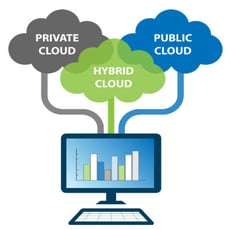Resources
Get insights, answers, and inspiration—all built to keep you ahead in tech.

03-28-2025

03-07-2025

09-25-2024

03-11-2024

07-20-2022